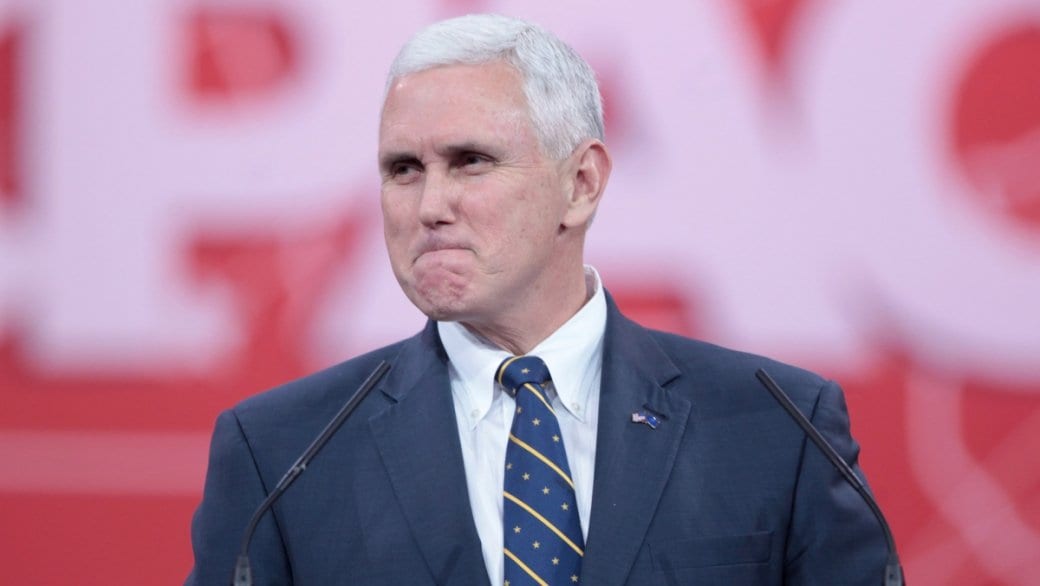“Silence = death.”
An inspirational slogan by ACT UP, whose members did a lot of shouting during the worst years of the AIDS epidemic to improve the sexual and social health of our community. In light of adversity, they unified in anger and against injustice.
Now, with the recent election south of the border, many LGBT folks in the United States are again concerned, wondering what a Trump/Pence presidency will look like for them and other minority groups. Will we be able to stand up against this new wave of injustice and anger?
Canada isn’t exempt, either. I find it horrifying that we’re hearing more from Conservative leadership candidate Kellie Leitch, of the “barbaric cultural practices” tip line fame. She praised Trump’s victory, then insisted that any comparisons between her and the new president-elect are unfair.
In the tradition of the right-wing populist movement that’s sweeping through the western world, Leitch has been pushing so-called “Canadian values”— code for white nationalist Catholicism, proving that no matter where you are these days, the LGBT community needs to be much more unified than it is.
New generations have to learn how to be loud all over again.
“There’s been a resurgence in the elders of the movement, returning to the ‘silence = death’ ACT UP slogan,” says Joshua Edwards from his office in Vancouver. He’s the knowledge translation manager at Health Initiative for Men (HIM) , an organization that works to strengthen the health and well-being of gay men.
Edwards remembers the activism of the early ’90s. “It felt like gay men were talking about our sex lives with partners and were practicing compassion for our community by discussing safe sex and HIV prevention methods.”
I see very little of this now, and only online in sexual health forums. It feels like we lost this compassion, which only inhibits the unification of our community.
I’ve been thinking a lot about the “silence equals death” slogan in light of the US election. LGBT rights may see some harsh opposition as a result of Trump, and even more so because of his vice president-elect, Mike Pence.
On his governor’s website, Pence claimed that Congress should reauthorize the Ryan White Care Act, which provides primary medical care and support for people living with HIV who are uninsured or underinsured. His goal was to ensure that federal dollars weren’t used for organizations that he claimed “facilitate the spreading of the HIV virus.” He wanted these funds, instead, to go towards assisting those “seeking to change their sexual behavior.”
These days, we seem to communicate less about the actual sex we’re having — unless we’re slut-shaming each other. HIV stigma seems to be reaching new heights, as many guys still refuse to have sex with positive guys, refuse to believe the science around PrEP, and refuse to believe that transmission is extremely unlikely when the virus is undetectable.
With such illogical fear and hostility, how can we possibly call ourselves a community?
One simple way for us to unite is to fight falsehoods in our community and take the time to learn about PrEP and treatment as prevention (TasP), distinguishing our feelings from the actual facts.
Open communication about sex is key.
“I think our community should be talking about our sex lives because it’s not just about HIV and STI transmission,” Edwards says. “ If we can’t talk openly and honestly about things like HIV and STI prevention, how are we going to talk about the things that we want, need, expect or desire?”
Such simple dialogue can become a powerful form of activism. By just speaking up about our sexuality, without fear or shame, we combat stigma within our community along those who want to oppress us.
I believe that conservative leaders want nothing more than for us to stay quiet about the sex we have. It’s a silence that makes it easier for them to take away our rights, and to cut funding for things like HIV prevention and treatment.
Speaking up not only liberates us but it actually improves our sexual health, collectively. By talking about the sex that we’re having, honestly, whether that means risky sex, kinky sex, or our slip-ups, it creates a level of comfort that empowers many to talk to their healthcare provider about the prevention tools they may need. That could be condoms, PrEP, PEP (post-exposure prophylaxis) or various combinations of the three.
I’m still upset that someone like Trump could become president of the United States, and livid that Kellie Leitch would have the audacity to define “Canadian values” for us. Now more than ever, we need to learn from our elders how to be loud. But in order to combat the hate that affects us, we must first stop fearing one another and replace fear with compassion.
PrEP School runs every other Monday on Daily Xtra. Columnist Mike Miksche explores and navigates the world of sex and PrEP.

 Why you can trust Xtra
Why you can trust Xtra


